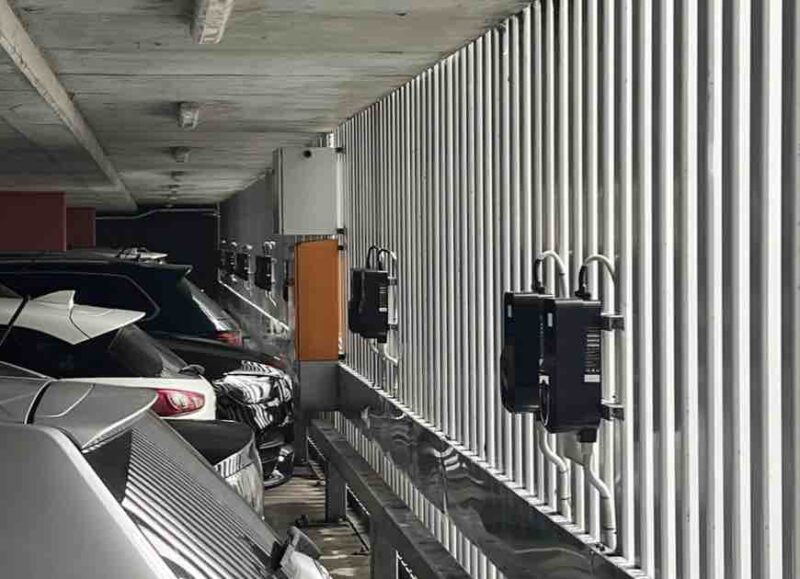Monash Health, a state owned hospital and medical centre group, has banned staff and members of the public from charging their electric cars and electric scooters and bikes in its car parking areas because of fire risk.
“Monash Health employees must immediately stop charging their personal Light Electric Vehicles (LEV) and Electric Vehicles (EV) within the confines of Monash Health sites, including all car parking areas,” a newly posted safety alert reads.
It says this ruling excludes Monash Health leased EV’s, which may still be charged at designated Monash Health charging stations at selected sites. The group owns a network of hospitals and medical centres across the state.
The safety notice advises EV owners to consult maps, such as Plugshare, to find a nearby EV charger. Interestingly, Plugshare reports users finding the facilities at one of the Monash centres, Dandenong Hospital, either turned off or restricted to employees.
The Monash Health safety notice cites a WorkSafe Victoria and the Australian Institute of Health and Safety (AIHS) Safety Alert issued in August that highlighted risks and dangers of lithium-ion batteries.
“When overheated, lithium-ion batteries of all sizes can ignite, resulting in fires that are challenging to extinguish, with potentially toxic smoke emissions,” it says.
“Factors leading to overheating and fire include damage and the incorrect use of charging equipment.
“Larger battery packs can pose a significant risk if the lithium-ion battery overheats and catches fire. Some sprinkler systems may not be capable of suppressing or controlling a large lithium-ion battery fire.
“Currently, Lithium-ion batteries are used in commonly in equipment such as light electric vehicles (LEVs) (electric scooters and e-bikes) (and) passenger vehicles (hybrid and full electric vehicles).”
The Worksafe alert advises employers to prevent the use, storage or charging of electric plant or passenger vehicles in enclosed and restricted spaces, unless the fire detection and suppression system is suitable for the special fire hazard (a lithium-ion battery fire).
It also news that the National Golf Club has also banned charging of EVs and golf buggies at its facilities after a fire raged through the Eastern Golf Club in the Yarra Valley. The fire was blamed on lithium ion batteries stored for recharging golf buggies, but there are also questions about the state of the facility’s fire systems.
The golf club ban extends to dedicated EV charging stations. It says it will decommission its EV charging station on the upper level car park on November 24, and other three phase outlets.
“The risk of fire caused by battery charging is real, ands side from any financial consequences, presents a threat to lives, members and guests of the golf club,” the organisation said in a message to members.
However, Emma Sutcliffe, from EV Fire Safe, says people are conflating road-registered passenger vehicles with personal mobility devices.
“There is confusion between the two, but they are worlds apart,” Sutcliffe told The Driven. She said there had been regular reports of battery fires with e-bikes, e-scooters and electric buggies, but this mostly was the result cheap equipment from China and other countries and bad supervision.
There are also reports that golf buggies used for a public event caused a fire at a St John’s ambulance depot in Burwood, Sydney.
EV batteries, Sutcliffe said, had stringent safety standards and there had been no reports of fires caused by charging in Australia, and of the six EV fires that had been reported in Australia, all had come from batteries that had been previously damaged.
Sutcliffe says that if organisations want to stop employees and visitors using 10 amp power points for EV charging, they should encourage safe charging by providing 7kW charging stations that can be properly managed. “You have to give everyone an option,” she said.
Do you know of other organisations or facilities that have also banned EV charging? Please let us know at [email protected]


Giles Parkinson is founder and editor of The Driven, and also edits and founded the Renew Economy and One Step Off The Grid web sites. He has been a journalist for nearly 40 years, is a former business and deputy editor of the Australian Financial Review, and owns a Tesla Model 3.

